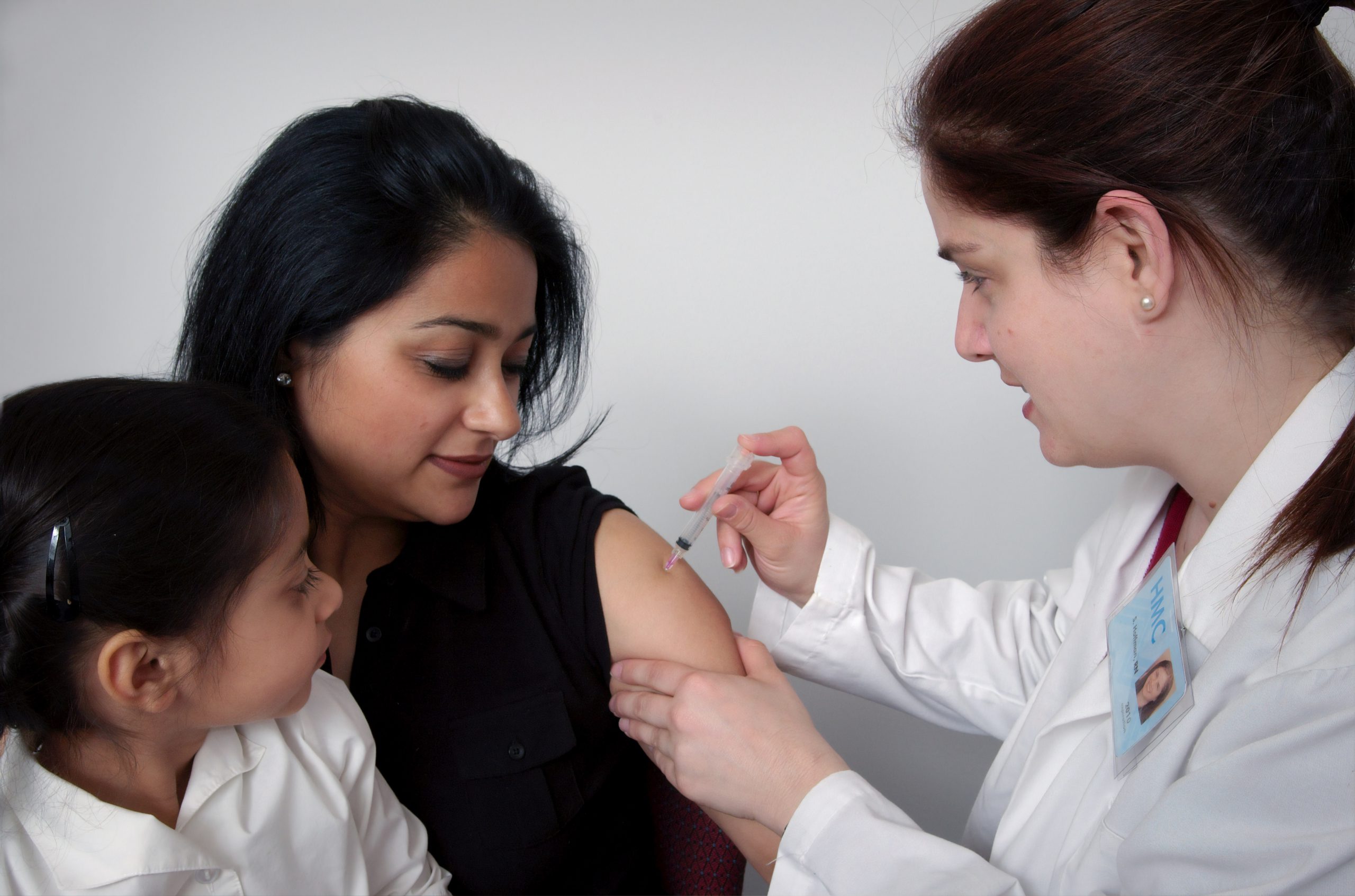As the healthcare industry continues to reel from the effects of cybercrimes amid the COVID-19 pandemic, reports predict that they will continue to wreak havoc in 2021. According to Experian, the pivot towards new technologies to strengthen cybersecurity measures will continue to leave businesses and firms vulnerable to data breaches.
Though healthcare organizations provide consumers with quicker ways to conduct business, those ignoring cybersecurity needs should consider regular reviews.
Why Cybersecurity Matters in the Age of COVID
Experian’s report predicts that cybercriminals will go after personal medical information and believe digital health to be a blessing and a curse. Though telemedicine and virtual care have provided patients with more significant accessibility, a shift in patchwork solutions leaves information exposed to the wrath of cyberattacks.
While they are nothing new to the healthcare industry, cyberattacks have ample room to take advantage of the rush to develop new technologies. Because firms are looking to digitize a host of healthcare services, cybercriminals can easily access health records in the coming year.
Even contact-tracing apps prove to be a double-edged sword. They are useful for minimizing the spread of COVID-19 yet allow many to obtain information as impersonated public healthcare officials. Thus, cybercriminals can easily install malware on various devices.
The most anticipated event of 2021 thus far is the streamlined distribution of the COVID-19 vaccine. Reports flag the potential threats of disinformation, which could cause global uncertainty and panic.
Experts believe that criminals are looking to take advantage of shared confusion to infiltrate supply chains and impact vaccine availability.
Technological Crime Trends
Thanks to rapid telehealth rollouts and a need for accurate information, cybercriminals have plenty of room to penetrate the health sphere. Since the launch of the COVID-19 vaccine cold chain, hackers have begun launching phishing and spear-phishing attacks via email to company executives. They are also targeting organizations backing sub-zero storage and transport services to distribute vaccines developed by Pfizer, Moderna, and AstraZeneca.
Since September of 2020, the phishing campaign has infiltrated six countries, including South Korea, Germany, Italy, and the Czech Republic. It has been suspected that the purpose of the campaign is to harvest credentials to gain unauthorized access to corporate networks and private information.
What are Healthcare Firms Doing About It?
Because companies have had to quickly navigate changes to adhere to social distancing guidelines and adapt to remote working environments, cybersecurity is but a mere afterthought. Due to an increase of shared information across devices, businesses must start doubling down on data protection methods by practicing the following:
- Developing and testing incident response plans
- Sharing threat intelligence with the appropriate decision-makers
- Assessing third-party ecosystems
- Applying zero-trust approaches to security strategies
- Incorporating multi-factor authentication across devices
- Conducting regular security educational training
- Using endpoint protection and responses
Conclusion
While the eventual vaccine rollout is something positive to anticipate, the healthcare industry must become aware of foreign entities looking to steal information about the distribution. The best plan of action is to stay vigilant and remain on high alert amid significant changes.
For more healthcare news, visit Dose of Healthcare. With us, you’ll always be the first to know about critical events regarding the ongoing pandemic.


















